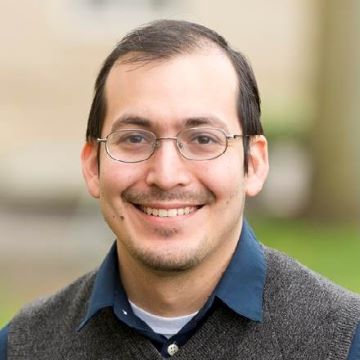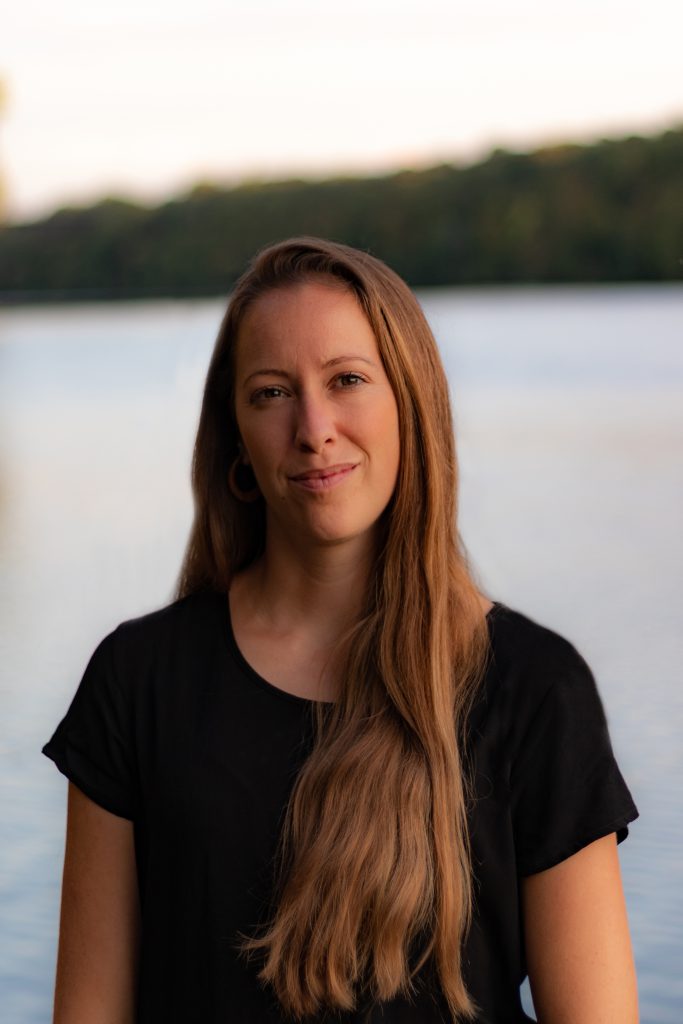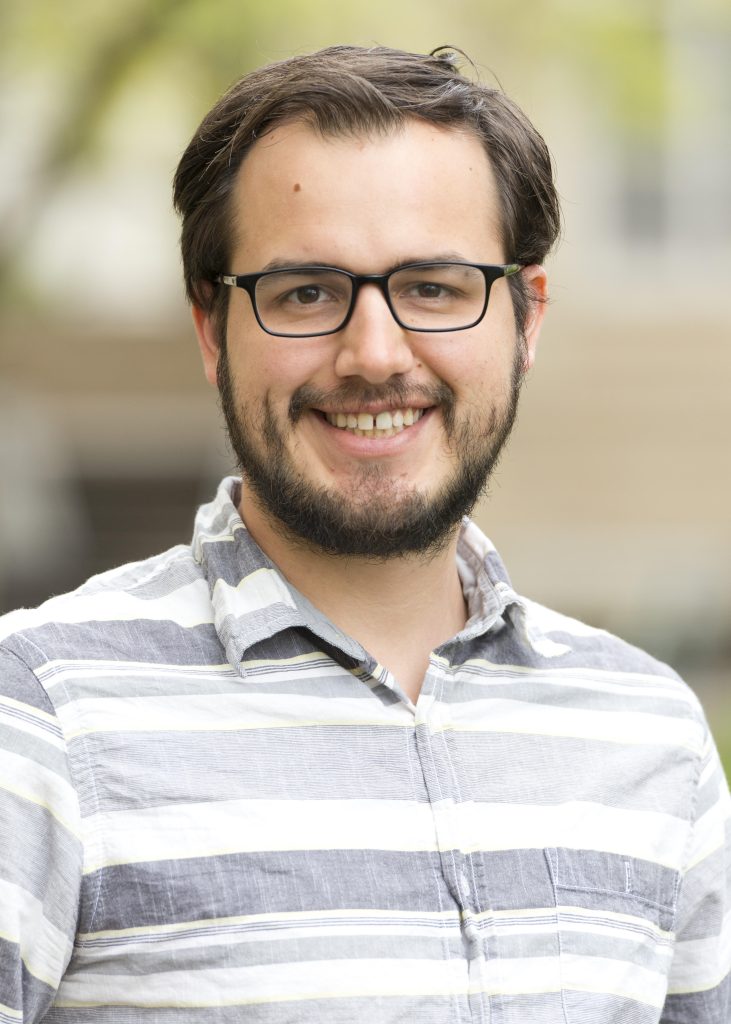Robert Hermosillo, PhD
Summary of Current Research
I received my B.S. in Human Physiology and a M.S. in Neurophysiology from the University of Oregon in Eugene, and a Ph.D. in Systems Neuroscience from the University of British Columbia in Canada. I also held a postdoctoral fellowship in Speech and Hearing Sciences, investigating speech motor disorders at the University of Washington in Seattle. I’m currently a recipient of the OHSU Fellowship for Diversity Inclusion in Research Award (OFDIR). Our ability to diagnose psychiatric disorders is limited by our ability to observe behaviors during clinical evaluation, however clinical heterogeneity and the imprecise nature of diagnosis represent fundamentally confounding factors limiting a better understanding of their etiology, prevention, and treatment. My research aim is to be able to discriminate between developmental disorders such as attention deficit hyperactivity disorder (ADHD) and potential sub types based on brain function. I use a combination of machine learning algorithms, genetics, and state-of-the-art neuroimagining techniques to look at brain networks and classify neuropsychiatric disorders.

Julia Moser, PhD
Summary of Current Research
I joined the lab in September 2021 after my PhD in Neural and Behavioral Sciences at the University of Tübingen in Germany. Prior to my PhD, I received a B.S in Psychology from the University of Konstanz and a M.S. in Neural and Behavioral Sciences from the University of Tübingen’s International Max Planck Research School. During my time in Tübingen, my research focused on the development of cognitive abilities during the last trimester of pregnancy and shortly after birth. Here in Minnesota I will continue investigating very early brain development by looking at the development of functional connectivity networks in infants in their first weeks and months of life. In addition to my interest for the development of brains, I am interested in the development of our scientific field. As a member of the Flux Society’s Diversity Committee and founding member of the Neuro Chapter of the Tübingen Open Science Initiative I try to contribute towards inclusivity and openness.

Julian “Bene” Ramirez, PhD
Summary of Current Research
I joined the DCAN lab in late 2023, as Post-Doctoral Associate with the goal of leveraging the high-field 7T and 10T scanners at CMRR to better understand the fundamentals of brain function. I aim to research unique functional connectivity patterns in individuals and delineate core principles of brain function throughout development. Previously, I held a Post-Doctoral role at the Child Mind Institute in New York, working with Dr. Ting Xu and Dr. Michael Milham on Non-Human Primate studies to map early developmental stages and characterizing resting-state functional temporal dynamics across the awake and anesthetized states. My Ph.D. research at Oregon Health & Science University, under the mentorship of Dr. Damien Fair, examined how maternal health—specifically inflammation and a “Western-Style Diet”—affects the structural and functional development of the brain using a Japanese macaque model. With a solid foundation in fMRI data analysis and image preprocessing gathered across diverse research environments, I am excited to integrate my past research insights to spearhead novel studies in high-field fMRI at the University of Minnesota.



